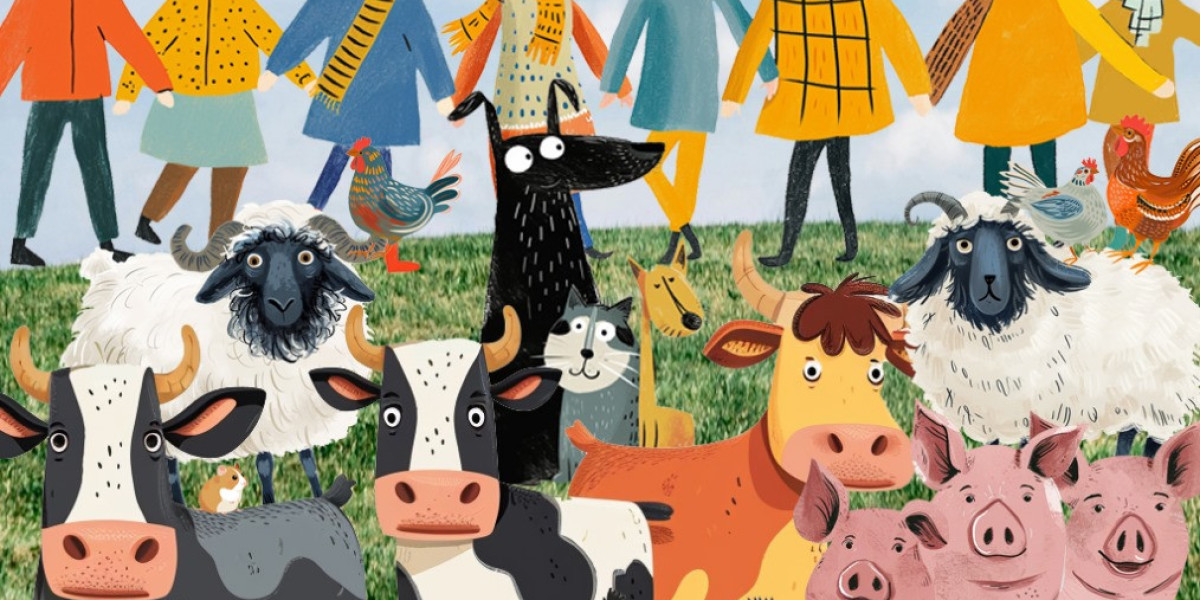Piglet confinement suffering is a significant issue within the swine farming industry, raising ethical questions about the treatment of animals in intensive farming operations. This term encapsulates the hardships and distress experienced by piglets confined to cramped and restrictive living conditions, devoid of natural behaviours and basic comforts.
The practice of piglet confinement suffering is prevalent in many industrial swine farming facilities, where pigs are raised for meat production. Piglets are often confined to small pens or crates shortly after birth, where they have limited space to move, socialise, and express natural behaviors. This confinement not only causes physical discomfort but also leads to psychological distress and behavioural abnormalities among piglets.
The consequences of piglet confinement suffering extend beyond the welfare of individual animals to encompass broader ethical concerns about the treatment of sentient beings in agricultural systems. Pigs are intelligent and social animals capable of experiencing pain, fear, and distress, yet the conditions of confinement in intensive farming operations deny them the opportunity to live fulfilling lives.
Moreover, piglet confinement suffering exacerbates the risk of health problems and disease transmission within swine farming facilities. Overcrowded and unsanitary living conditions provide ideal breeding grounds for pathogens and contribute to the spread of infectious diseases among pig populations. The prevalence of diseases such as respiratory infections, diarrhea, and lameness further compounds the suffering experienced by confined piglets.
Despite the ethical and welfare implications of piglet confinement suffering, the practice persists in many industrial swine farming operations due to economic incentives and industry norms. Profit-driven motivations often prioritize efficiency and productivity over animal welfare, perpetuating a cycle of suffering and exploitation within the swine farming industry.
Efforts to address piglet confinement suffering have been met with resistance from some sectors of the swine farming industry, highlighting the need for greater awareness and advocacy on behalf of animal welfare. Consumer demand for ethically sourced pork products and transparency in farming practices have prompted some producers to adopt more humane and sustainable approaches to pig farming.
However, despite these positive developments, piglet confinement suffering remains a pervasive issue that requires concerted action and commitment from all stakeholders involved. By supporting initiatives that promote animal welfare, sustainable farming practices, and consumer education, we can work towards a future where pigs are treated with compassion and respect throughout all stages of their lives.
In conclusion, piglet confinement suffering represents a significant ethical challenge within the swine farming industry, raising important questions about the treatment of animals in agricultural systems. By addressing the root causes of piglet confinement suffering and advocating for more humane and sustainable farming practices, we can create a better future for pigs and promote a more compassionate approach to food production



